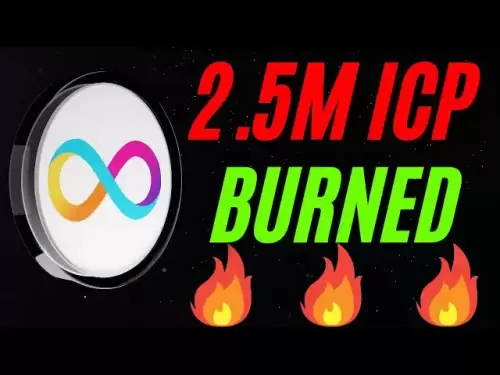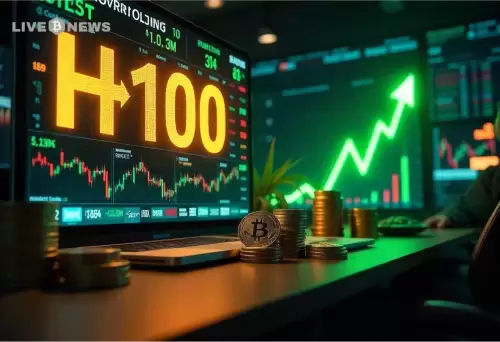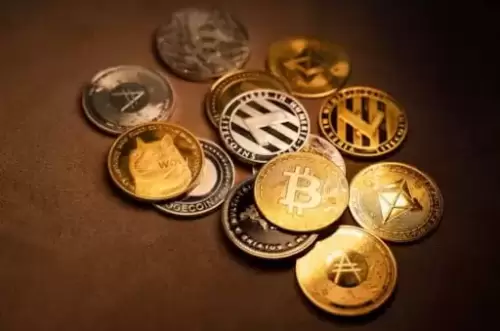 |
|
 |
|
 |
|
 |
|
 |
|
 |
|
 |
|
 |
|
 |
|
 |
|
 |
|
 |
|
 |
|
 |
|
 |
|

The International Monetary Fund (IMF) has stated that El Salvador continues to comply with its commitment of non-accumulation of bitcoin by the overall fiscal sector, as reported by. However, the country’s actual actions appear to contradict the global lender’s claim.
During the Spring Meetings 2025 for the Western Hemisphere Department, Rodrigo Valdes, Director of the Western Hemisphere Department at the IMF, confirmed that they are following their commitment.
Valdes also mentioned that Bitcoin is not central to El Salvador’s economic package.
“The programme of El Salvador is not about bitcoin. It’s much more, much deeper in structural reforms, in terms of governance, in terms of transparency,” he said, adding that the country is implementing significant changes aimed at improving government transparency and operations.
Earlier this year, the IMF approved a 40-month Extended Fund Facility arrangement for El Salvador, providing access to approximately $1.4bn, potentially reaching $3.5bn when including other international financial institutions’ contributions.
Valdes noted that an “important fiscal adjustment” is currently underway, designed to create a more favourable environment for private investment and accelerate economic growth.
The Washington-based lender is preparing its first comprehensive review of the programme, with Valdes suggesting that continued progress could yield greater benefits. He highlighted that El Salvador now rests on much stronger macroeconomic foundations.
Valdes added that significant security improvements in recent years would provide additional economic advantages.
The IMF’s statement clashes with data from El Salvador’s Bitcoin Office, which shows that the country acquired seven Bitcoins worth over $650,000 in the seven days leading up to April 27, according to.
This is not the first time that El Salvador’s actions regarding Bitcoin have contradicted the IMF’s desire for the country to cease building its Bitcoin reserves. In March, El Salvador raised its national strategic reserve to BTC5,102.
Yet the country also made strides towards meeting the fund’s conditions. In January, the Congress controlled by President Nayib Bukele’s New Ideas party approved sweeping reforms that eliminated the mandatory acceptance of bitcoin as legal tender – a key requirement for securing a $1.4bn credit line from the IMF.
This reversed the 2021 landmark decision that saw the country become the first nation to integrate cryptocurrency into its economy.
免責事項:info@kdj.com
提供される情報は取引に関するアドバイスではありません。 kdj.com は、この記事で提供される情報に基づいて行われた投資に対して一切の責任を負いません。暗号通貨は変動性が高いため、十分な調査を行った上で慎重に投資することを強くお勧めします。
このウェブサイトで使用されているコンテンツが著作権を侵害していると思われる場合は、直ちに当社 (info@kdj.com) までご連絡ください。速やかに削除させていただきます。



















![「Colorblind」by:Robzombie_Level Complete 100%(1コイン)[ハードレベル]。 「Colorblind」by:Robzombie_Level Complete 100%(1コイン)[ハードレベル]。](/uploads/2025/06/17/cryptocurrencies-news/videos/colorblindrobzombielevel-complete-coin-hard-level/6850630484c02_image_500_375.webp)








































